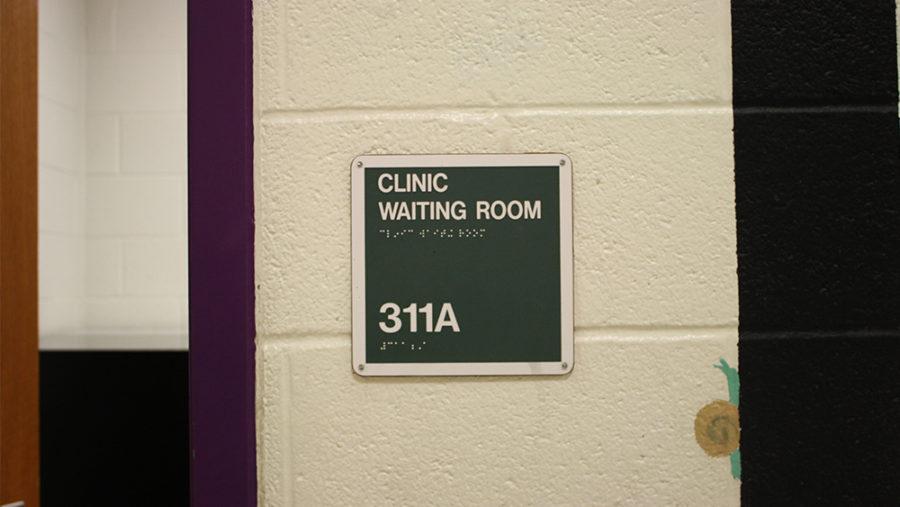Measles Outbreak Sparks Vaccination Debates
The spread of measles in the Pacific Northwest revives debates on vaccination laws
Anti-vaxxers in Clarke County, Washington have met their match: the rubella virus. More commonly known as measles, the virus has infected 71 confirmed people so far, with 61 of the cases being people who were unvaccinated. Over 800 students are being requested to stay home for three weeks in Clarke County due to the developing outbreak. This dangerous spread of measles has prompted Washington state’s Governor, Jay Inslee, to declare a state of emergency. For junior Emily Varoujanian, the outbreak is infuriating.
“[The outbreak] makes me mad because innocent kids are getting sick. It is morally wrong to put other kids at risk because you don’t believe in vaccination,” said Varoujanian.
Measles, previously eradicated in the United States in 2000, is one of the most contagious infections. The pathogens can live in the air for up to two hours after an infected person sneezes, coughs, or even breathes, proving to be a major difficulty for those working to stop the spread of measles. According to the Centers for Disease Control (CDC), symptoms don’t appear until seven to 14 days after the person was infected. Symptoms include a high fever, dry cough, a runny nose, and red, watery eyes, making it easy to confuse the virus with a common cold. Three to five days after the symptoms begin, flat red spots, otherwise known as the measles rash, appear on the face and spread all the way down to the feet.
According to the CDC, one out of every four people infected with the virus will be hospitalized, and one or two of every 1,000 will die. The measles-mumps-rubella (MMR) vaccine is given when in two doses, once between 12-15 months of age and once again between four and six years old. With two doses of the vaccine, it is 97 percent effective at preventing measles, with 91 percent of the population of the U.S vaccinated, according to the CDC.
In Clarke County, the epicenter of the outbreak, only 78 percent of the people are vaccinated, making it the perfect hub for the contagious virus to spread. Washington is one of the 17 states that allows for philosophical exemptions to the vaccine due to moral or personal reasons. This recent outbreak has brought to the table the ongoing debate on vaccinations and whether or not vaccines should be required. Sophomore Haley Chamer believes vaccinations are important to prevent the spread of disease.
“I would say to get vaccinated because if you are not vaccinated, it could make other kids sick, and there could be a bad epidemic, and a lot of people could die,” said Chamer.
Debates over vaccinations stem from the ‘90s, when a study by British doctor Andrew Wakefield suggested that the MMR vaccine caused autism in children. Although the study has since been completely discredited, it strongly influenced the Anti-Vax movement. This lead to a long-running debate on the ethicality of vaccines, and a widespread resistance to the vaccination of children. This resistance took a stronghold in the Pacific Northwest, catalyzing the spread of the disease. On top of the perspective that vaccines cause autism, those who resist vaccines have started to argue that they are unnecessary and ineffective. Despite numerous studies disproving this mindset, the Anti-Vax movement continues to have a stronghold on the Pacific Northwest.
Efforts previously made to fight anti-vaccination have been wholly insufficient. As anti-vax rates continue to rise, more severe initiatives are being taken to combat it. Websites like Pinterest and Facebook have cracked down on anti-vax pages, blocking content associated with the movement to minimize ‘misleading content’ on their platforms. Senators such as Sen. Bill Cassidy has been warning lawmakers about the risks of the spread of false information regarding vaccines, urging for a national campaign to combat anti-vaccination.
Despite the efforts, the measles outbreak continues to plague Clarke County, Washington and the surrounding area. With no end in sight, all we can do is try to stop the spread through education about vaccines and raising awareness.


